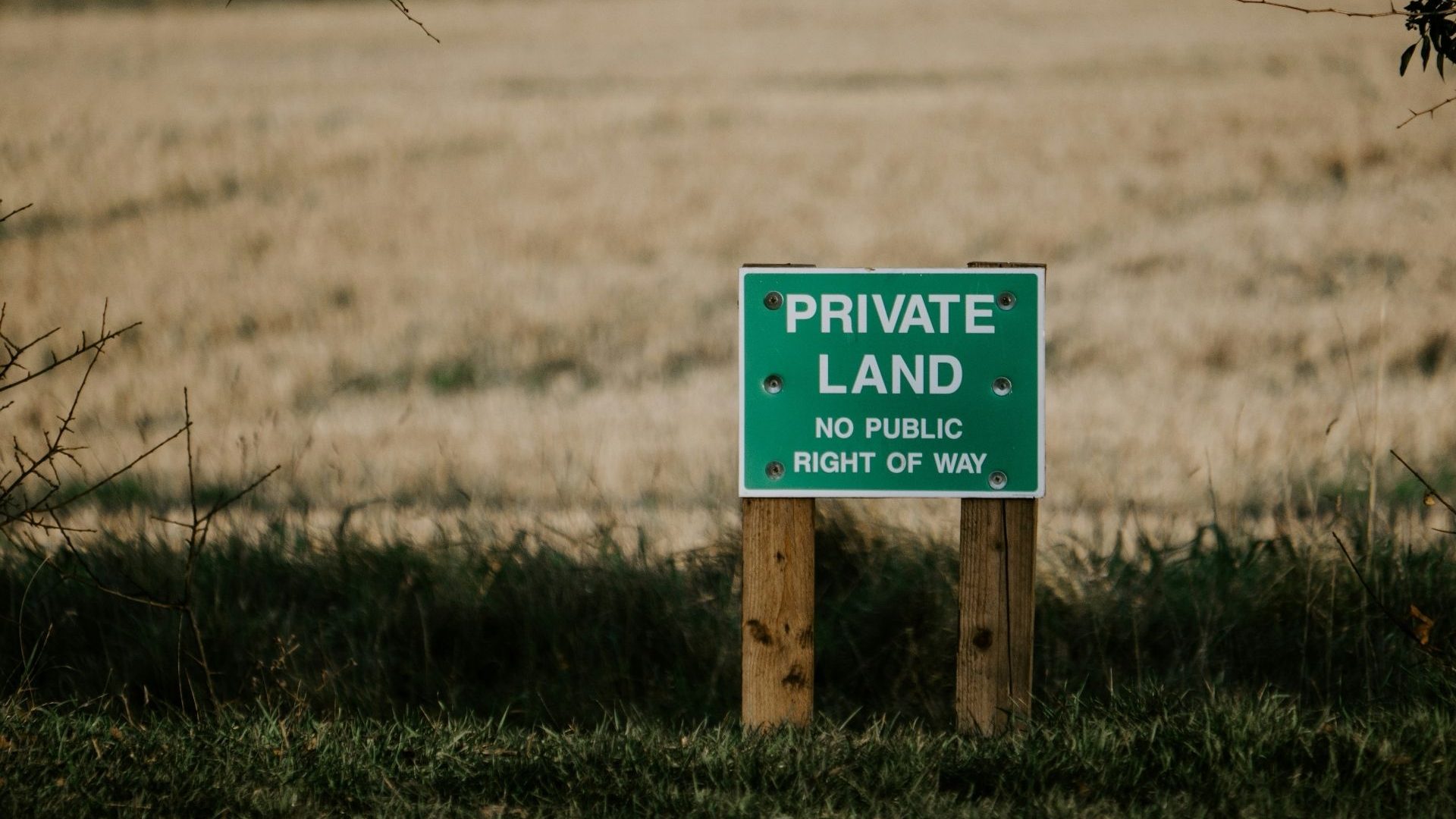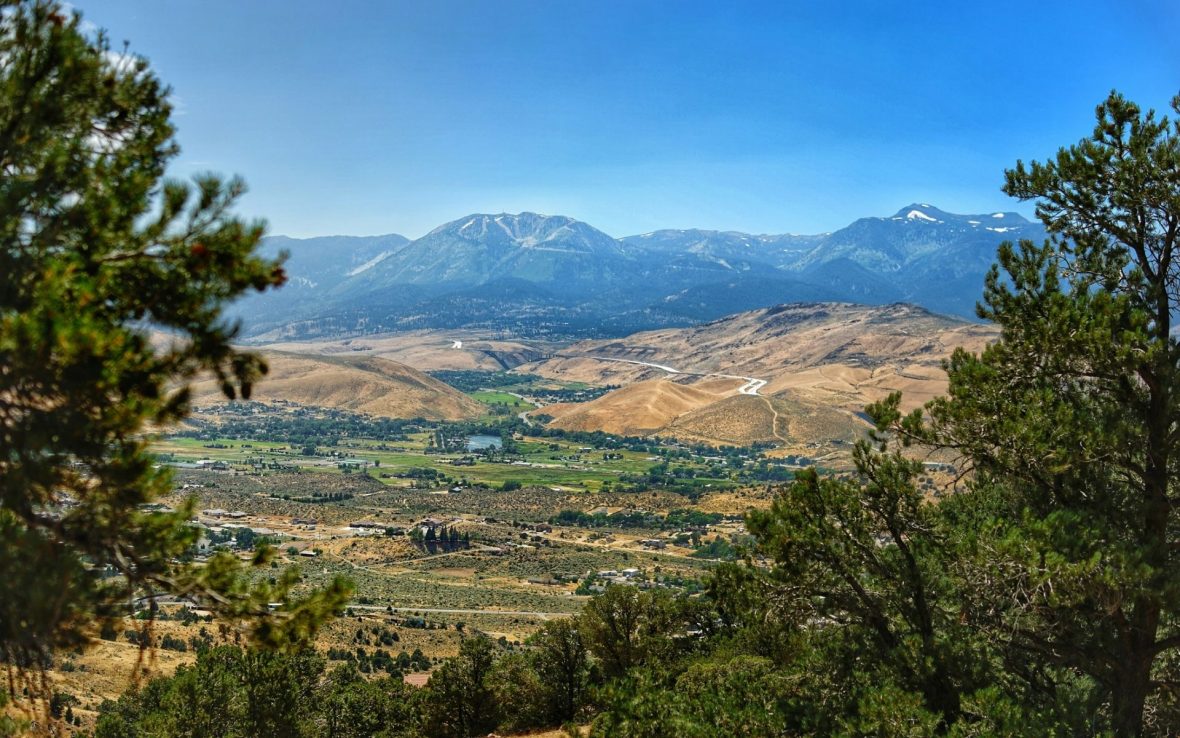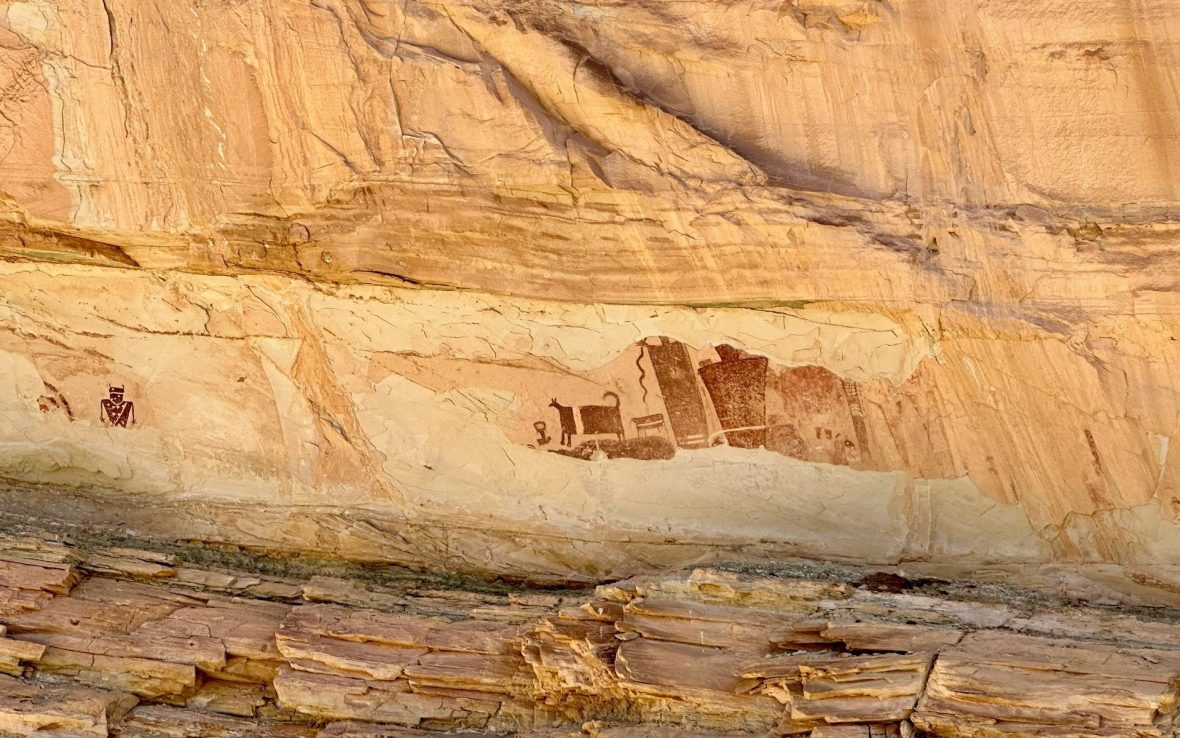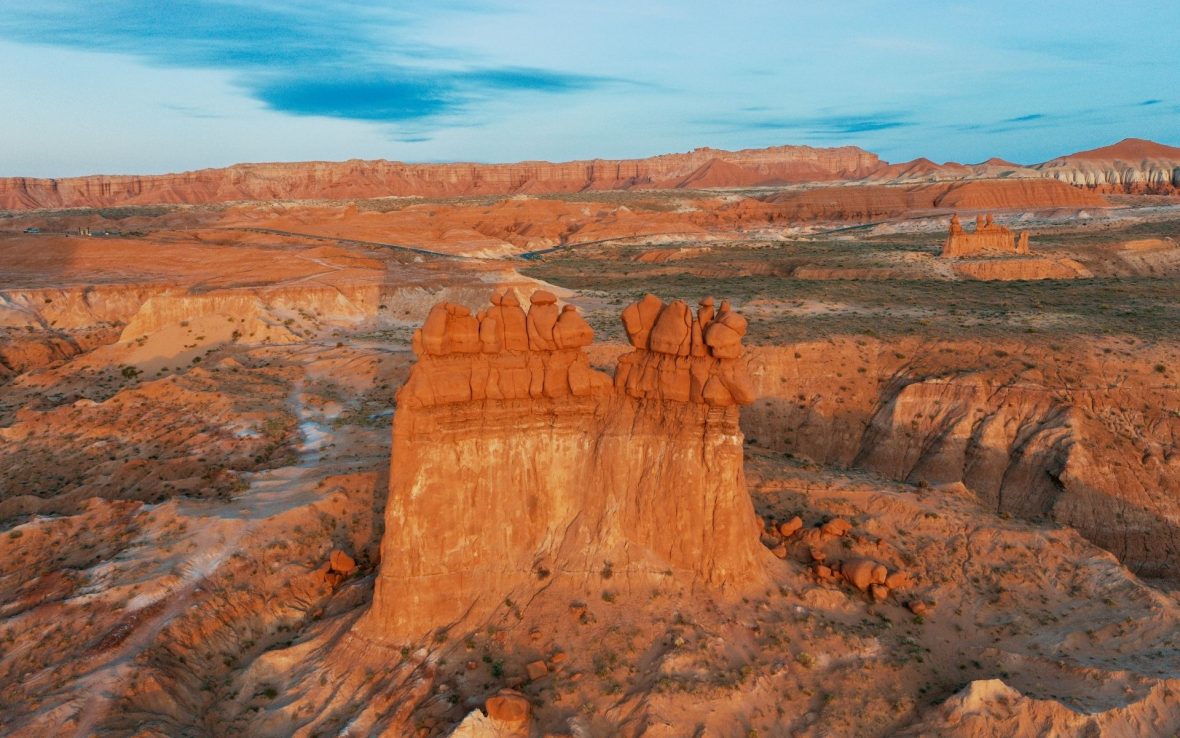
House Republicans have voted to sell acres of public land; land that was previously untouchable. What’s in store for the future of recreation access in the US?


House Republicans have voted to sell acres of public land; land that was previously untouchable. What’s in store for the future of recreation access in the US?
In an unexpected late-night ruling on Tuesday, the House Natural Resources Committee voted to allow the federal government to sell off thousands of acres of land in Nevada and Utah. It may be a minuscule proportion of the total amount of federal land in those states, but it’s concerning nonetheless. Conservationists, outdoor recreation groups, and environmental activists are ringing alarm bells about the precedent this ruling could set.
The reason? House Republicans think they could raise about USD$18 billion in revenue by selling more leases for oil, gas, coal, timber, and other uses. These 11,000 acres seem to be earmarked for affordable housing developments near Las Vegas and Reno, Nevada, and southwestern Utah, according to NPR.
If passed, the same bill would also mandate new oil leases in the Arctic National Wildlife Refuge in Alaska, and cancel a mining ban on Superior National Forest in Minnesota, which protects the headwaters for the Boundary Waters Canoe Area Wilderness.
“This is a very dark night for the American people,” Chase Huntley, VP of federal policy at the Wilderness Society, said in a statement about the bill. “The House Natural Resources Committee just approved a budget reconciliation bill that will dramatically expand drilling and sell off public lands to fund tax cuts for the richest people in the country. It also dramatically expands mining and logging, strips protections for iconic places and crushes NEPA, a bedrock environmental law.”
Don’t panic just yet, however.

The Natural Resources Committee is kind-of like a Congressional working group, so the amendment would still need to pass a full House vote. And even then, there’s some hope: While the vote was largely along party lines, led by House Republicans, there is bipartisan opposition to letting go of public land.
Even better? One of the loudest voices is a former Trump appointee. Rep. Ryan Zinke, a Republican from Montana who served as Secretary of the Interior from 2017 to 2019, and Rep. Gabe Vasquez, a Democrat from New Mexico, announced on Wednesday that they would co-chair the brand-new Public Lands Caucus to work on preserving public land and protecting access to it.
The caucus is evenly divided on party lines, and so far has 14 members including Zinke and Vasquez. “I follow the Theodore Roosevelt motto that public lands are ‘for the benefit and enjoyment of the people,’ and that means making sure we both conserve and manage those lands to ensure public access for the next generation,” Zinke said in a statement. “Public lands aren’t red or blue issues; it’s red, white and blue. The bipartisan Public Lands Caucus brings together lawmakers who don’t agree on much, but we agree on and are ready to work together to promote policies that advance conservation and public access.”
Mandating reckless lease sales on public lands and waters… will ensure that U.S. public lands and waters are prioritized for oil and gas while sacrificing public health and displacing recreation, wildlife habitat, renewable energy, and other uses.
- Center for American Progress
The vote may have been unexpected, but it’s not entirely a surprise. The transfer, sale, management, and protection of public lands have been contentious issues in the US for many years, particularly in Utah where over 60 percent of all land is owned by the federal government. That means huge swaths of land are unavailable for local extraction or development.
“The high percentage of federal lands impacts the local government’s ability to work on economic and transportation development, manage natural resources and fully take advantage of recreational activities,” said Utah Rep. Celeste Maloy, a Republican, according to NPR.
Of all the issues Congress is battling right now, public lands are pretty complicated and the party lines are muddy. As Zinke says, it’s an ‘everyone’ sort of problem.

Sure, there are progressive hikers and environmentalists who want to conserve land to protect natural habitats, but there are also conservative hunters who want to conserve land for the same reasons, and expand access to it to practice sustainable hunting.
Then there are Indigenous peoples who want to protect sacred, ancestral lands; developers who want to buy more prime territory to build housing; oil companies who want drilling or mineral rights for extraction; recreators who disagree about where you should and shouldn’t be allowed to ride a motorized vehicle; landowners who want to restrict access to public land adjacent to their property… and so on. To complicate matters further, the property lines in much of the West resemble a checkerboard. Every other square is private, which results in ‘islands’ of public land that can’t easily be accessed without trespassing.
Amid all of this, there is some good news. In March, a federal court in Denver ruled that private landowners can’t restrict reasonable access to public land that touches their property, either by building fences or suing them for trespassing. This ‘corner-crossing’ case, as it’s called, didn’t get much mainstream attention, but it may have positive implications for the future of land access.
For the short version, imagine a checkerboard where the red squares are public land, with open access for hiking, hunting, fishing, off-road vehicle use, and so on. The black squares are private land, where you can only go if you’re invited. Stepping on the black squares without permission could land you on the wrong side of a trespassing lawsuit (or worse).
Much of the Intermountain West looks like this, thanks to grants for railroad development that date back to the 1800s. Back then, it made sense; today, it results in millions of acres of public parcels being ‘landlocked’ by private property, so that the only legal way to access it is to arrive by air.

A few years ago, a Wyoming ranch owner, Fred Eshelman, sued a group of hikers who put a ladder over one of these checkerboard corners so they could pass from one public square to another without technically touching the private property. It was clever, but Eshelman was not amused. He sued them, and a long legal battle ensued. At stake: 15 million acres of land that could become de facto private if the court ruled that the public has no legal right to get there. And on the landowners’ side: Potentially millions of dollars in real estate value. A Swiss cheese ranch is less valuable than thousands of acres that are fully private.
In March, the US 10th Circuit Court of Appeals, in Denver, ruled in favor of the hunters, formally legalizing corner-crossing in the states within the district. It’s not yet a nationwide law, but the precedent has been set, and that’s a huge win for protecting access to public land whenever there’s a similar dispute in years to come.
As for selling off land in Utah and Nevada? That would set a precedent, too, one that public lands advocates fear could lead to widespread destruction of one of the country’s biggest sources of pride, and money. Outdoor recreation is a USD$1.2 trillion industry in the US, according to the Outdoor Recreation Roundtable.
“Mandating reckless lease sales on public lands and waters will not lower gasoline or energy prices or increase American energy security,” the Center for American Progress, a nonpartisan policy institute, wrote on Tuesday. “But it will ensure that US public lands and waters are prioritized for oil and gas while sacrificing public health and displacing recreation, wildlife habitat, renewable energy, and other uses.”
If you have time, you can call your representatives directly to oppose the sale of public land, or you could write to them using this template from the Outdoor Alliance. It’s not too late to take action to make your voice heard.
***
Adventure.com strives to be a low-emissions travel publication. We are powered by, but editorially independent of, Intrepid Travel, the world’s largest travel B Corp, who help ensure Adventure.com maintains high standards of sustainability in our work and activities. You can visit our sustainability page or read our Contributor Impact Guidelines for more information.

Kassondra Cloos is a travel journalist from Rhode Island living in London, and Adventure.com's news and gear writer. Her work focuses on slow travel, urban outdoor spaces and human-powered adventure. She has written about kayaking across Scotland, dog sledding in Sweden and road tripping around Mexico. Her latest work appears in The Guardian, Backpacker and Outside, and she is currently section-hiking the 2,795-mile England Coast Path.








Can't find what you're looking for? Try using these tags: